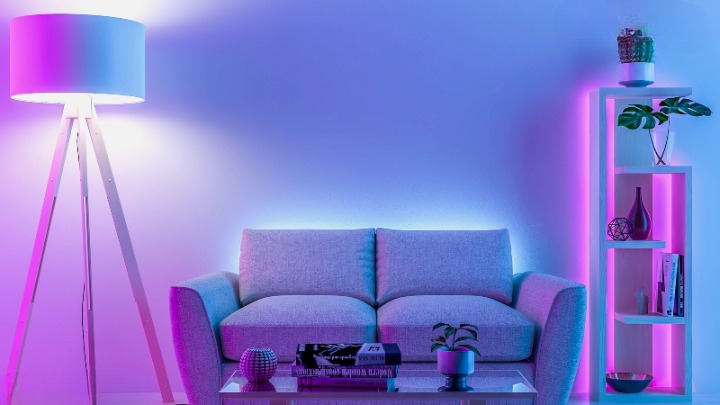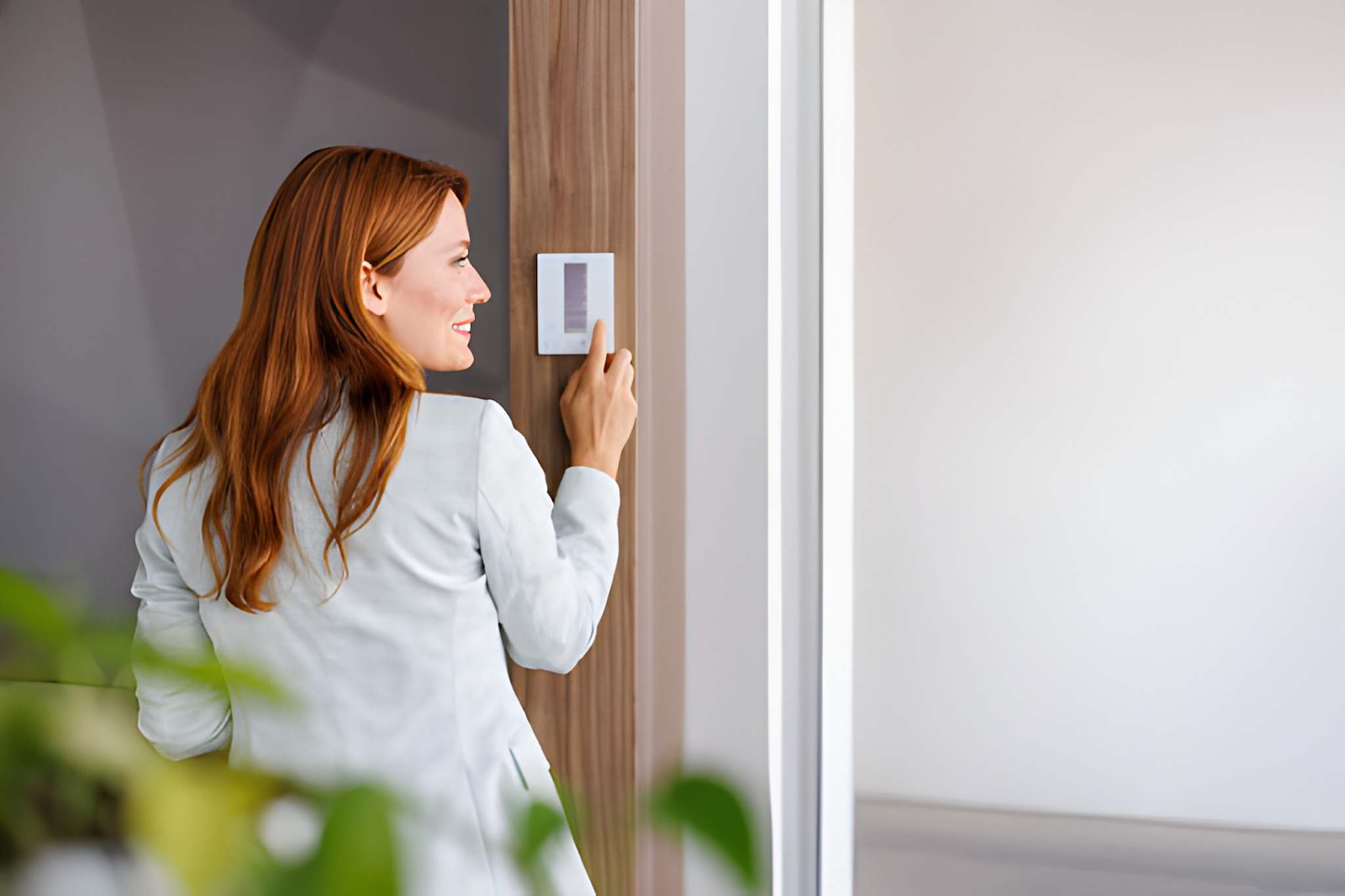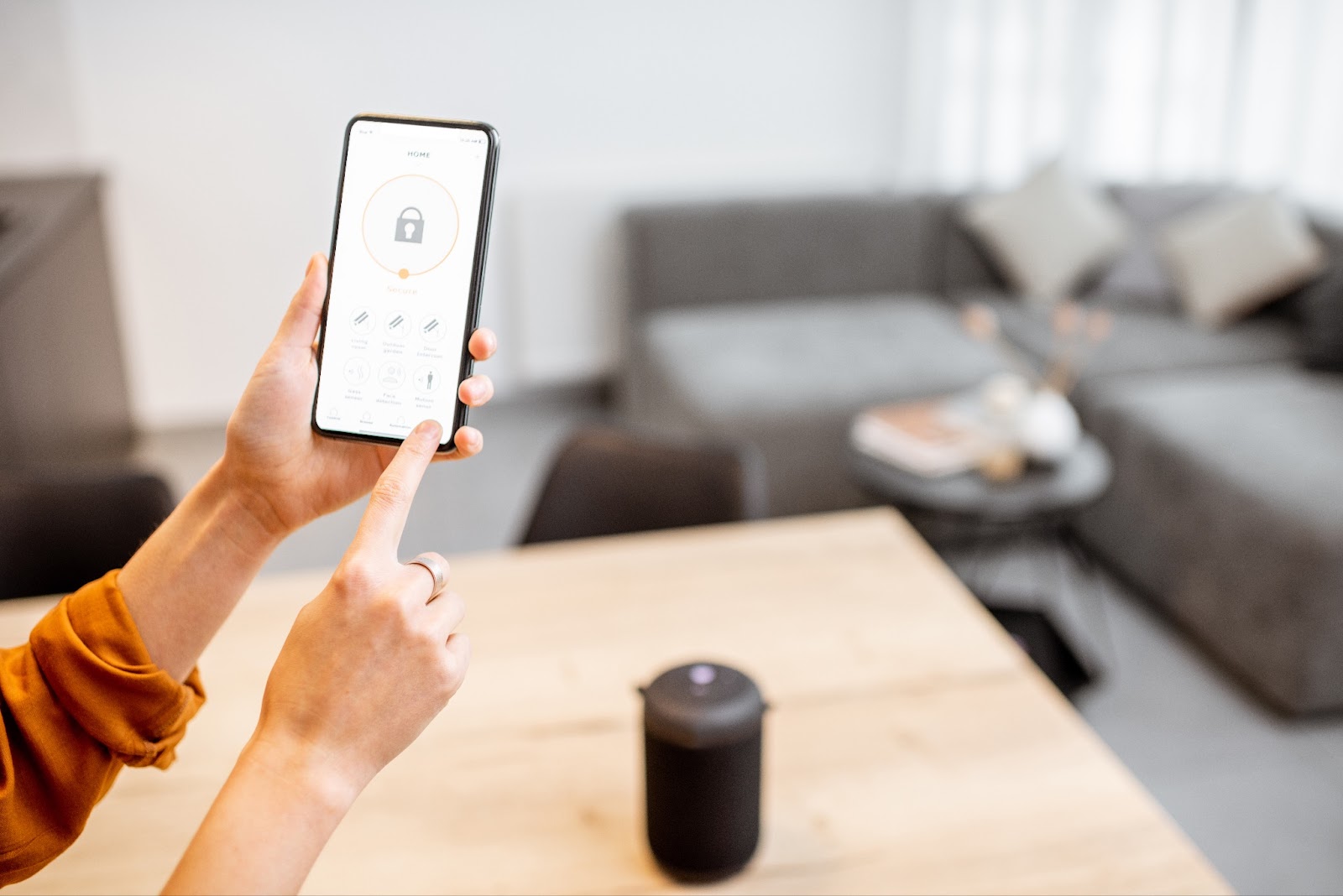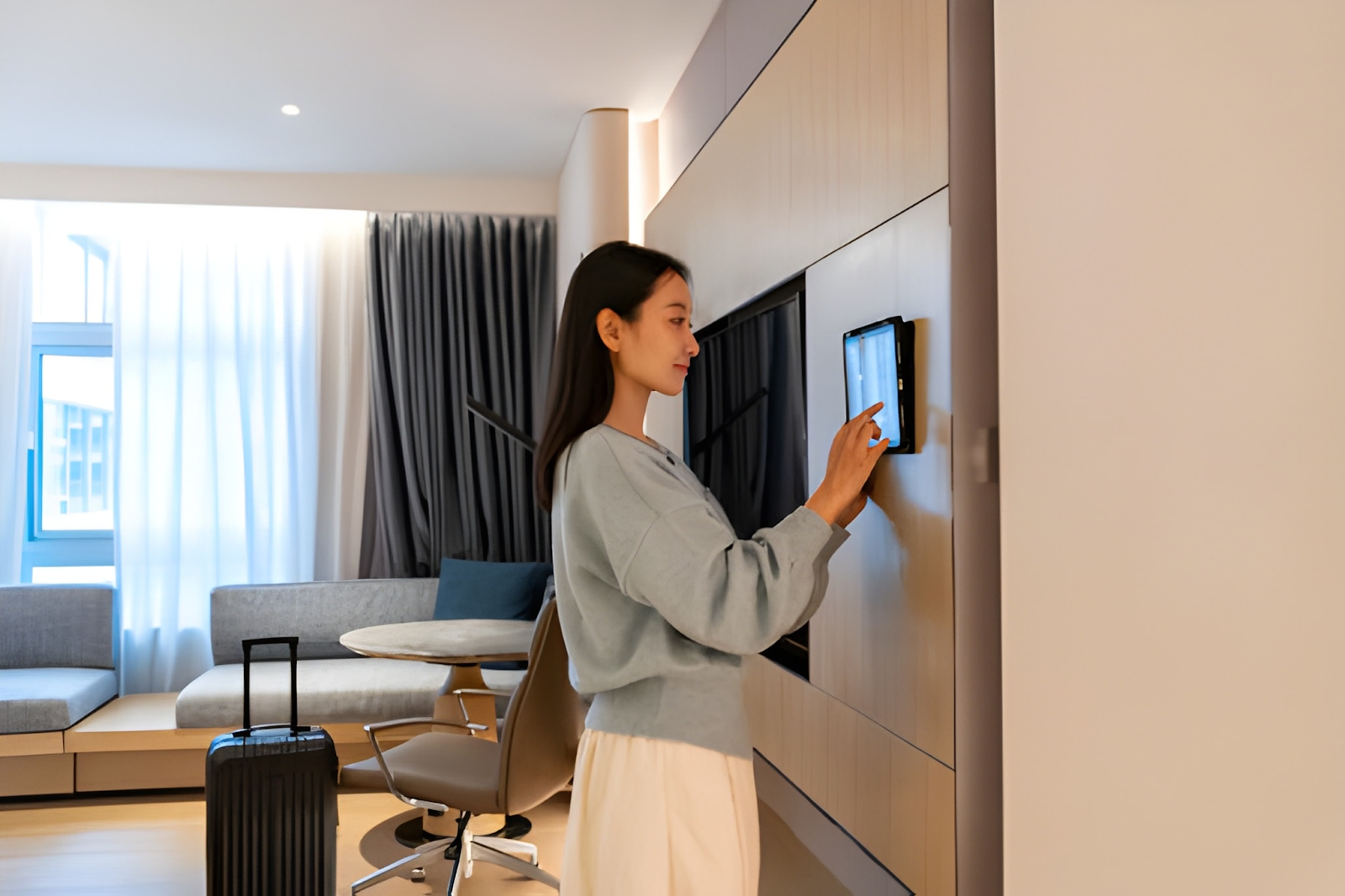1. Unmatched Convenience
Smart lighting offers unparalleled convenience. Imagine controlling all the lights in your home with a simple tap on your smartphone or a voice command. Whether you’re lounging on the couch, cooking in the kitchen, or away from home, smart lighting systems allow you to adjust your lights effortlessly. This level of control extends beyond just turning lights on and off; you can dim them, change colors, and set specific scenes to match your mood or activity.
2. Energy Efficiency and Cost Savings
Energy efficiency is a significant advantage of smart lighting. These systems often come with features such as scheduling, motion detection, and automatic dimming, ensuring lights are used only when needed. By optimizing your lighting usage, smart lighting helps reduce electricity consumption, leading to lower utility bills. Additionally, smart LED bulbs have a longer lifespan than traditional bulbs, meaning fewer replacements and further cost savings.
3. Enhanced Security
Smart lighting plays a crucial role in home security. By scheduling lights to turn on and off at specific times, you can create the illusion of occupancy even when you’re away, deterring potential intruders. Some smart lighting systems can integrate with security cameras and motion sensors, automatically illuminating areas when movement is detected, providing added peace of mind.
4. Customization and Ambiance
Creating the perfect ambiance for any occasion is easy with smart lighting. You can customize the brightness and color of your lights to suit different activities, such as a relaxing evening, a dinner party, or a movie night. Many smart lighting systems offer preset scenes and the ability to create your own, allowing you to transform your space to match your mood and enhance your overall experience.
5. Integration with Smart Home Ecosystems
Smart lighting systems are designed to integrate seamlessly with other smart home devices, such as thermostats, voice assistants, and security systems. This integration allows for a cohesive and automated home environment. For example, you can set up routines where your lights, thermostat, and music system adjust simultaneously when you arrive home or wake up in the morning.
6. Health and Wellness Benefits
Smart lighting can positively impact your health and wellness. By mimicking natural light patterns, smart lighting can help regulate your circadian rhythms, promoting better sleep and overall well-being. Features like sunrise and sunset simulations can gently wake you up in the morning and prepare you for sleep at night, improving your sleep quality and daily productivity.
7. Ease of Installation and Use
Contrary to what you might think, smart lighting systems are often easy to install and use. Many products are designed for DIY installation, requiring no special tools or professional assistance. Once installed, user-friendly apps and intuitive interfaces make managing your lighting system straightforward and enjoyable.
Conclusion
Incorporating smart lighting into your home is no longer a luxury but a necessity. The convenience, energy efficiency, enhanced security, customization options, and health benefits make smart lighting an essential component of a modern, connected home. Embrace the future of home lighting and transform your living space into a more comfortable, efficient, and enjoyable environment with smart lighting solutions.






